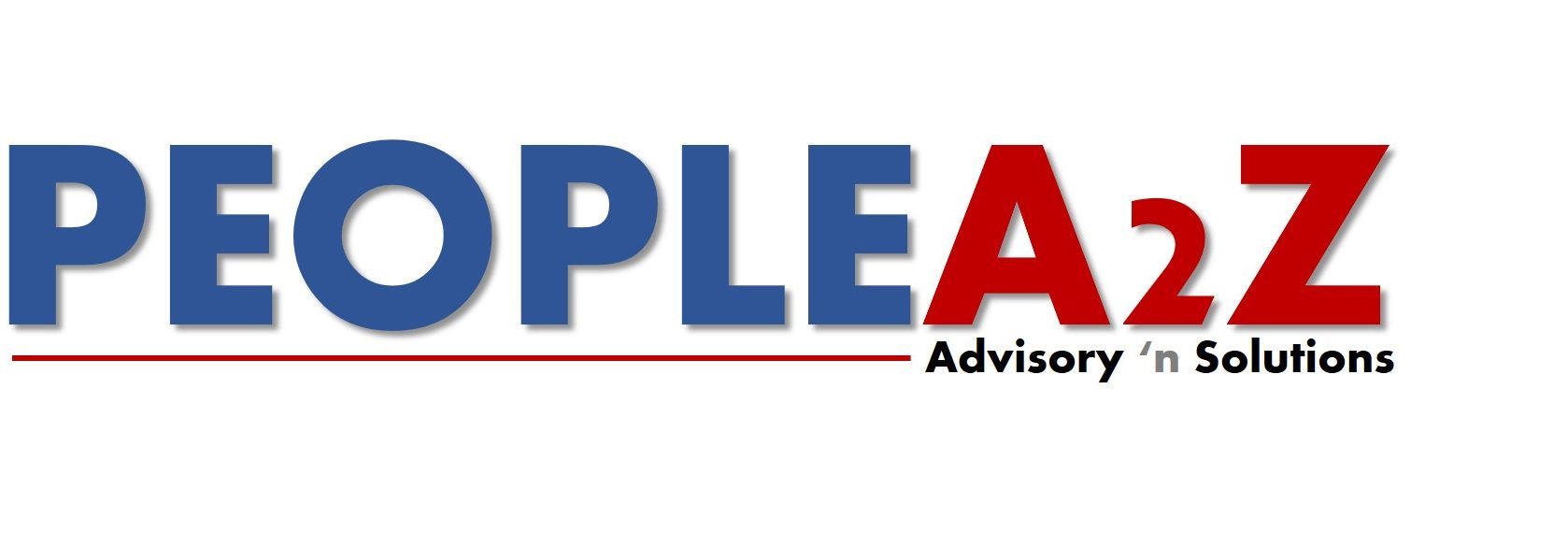
The Basic Pattern of sub conscious shared assumptions, values, and tacit beliefs, symbols considered being correct way of thinking about and acting on problems & opportunities facing the organization
“Culture is central to what we see, how we make sense of what we see and how we express ourselves” It is guiding principle for the stakeholders
What do you think that separates organization from others???
YES… it is the CULTURE … that distinguishes Organization
There is strong belief that organization will ultimately get only as far as their organization culture takes them…
Cultures can be reflected through its Organization Structure, People, Leadership, Policies, Environment & atmosphere
It emerges from Top Management, translated into Behavior’s, leading to results & embedding as Culture
There are different types of Culture witnessed in many organizations such as Clan Culture, Entrepreneurial Culture, Bureaucratic Culture & Market Culture in other words Flexible, Stable, Internally & Externally focused
Few Strong Characters:
- Innovation & Risk Taking
- Attention to details
- People Orientation
- Team Orientation
- Outcome Orientation
- Aggressiveness
- Stability
The role of Culture is to define Boundaries, Convey a Sense of Identity, Generate Commitment, Enhance Social stability, Sense Making & Control Mechanism
The Components:
- Routine ways of communicating
- Norms shared by individuals and teams
- Dominant values held by an organization
- Guiding philosophy for management’s policies and decision making
- Rules of the game for getting along in the organization
- Climate of the organization
If you don’t use culture, Culture will start using you…
- If you are not aware, it will start shaping you
- Human being will start copying, coaching and correcting each other to fit into the Group.
- So make sure, culture works for you instead against your necessary/possible change
Requirements for successfully changing the organization Culture:
- Understand the old culture first
- Support employees and teams who have ideas for a better culture and are willing to act on those ideas
- Find the most effective subculture in the organization and use it as a model
- Help employees and teams do their jobs more effectively
- Use the vision of a new culture as a guide for change
- Recognize that significant cultural change takes time
- Live the new culture
Culture is the code, the core logic the software of mind that organizes the behavior of people
- Culture reflects the lessons learnt that were important enough to pass on to the next Generation
- Culture is what, we do when even when no one is looking.
- Mindset is the foundation of culture.
How to drive the Organization Culture
- Have Strong & Committed Top Team
- Practice Role modeling with desired mind set & behaviors
- Relentlessly pursue Business Goals/Culture/ Values/Ethics/ Principals /Practices & Processes
- Deal with Culture erosion issues firmly
- Reward & recognize Stars/Leaders
Some good examples of Effective Culture
- FORD
- TATA GROUP
- APPLE
- SAP
- ADITYA BIRLA GROUP
- GE
Few bad examples of Non Effective Culture
- GENERAL MOTORS
- LEEHMAN BROTHERS
- ENRON
- VOLKSWAGEN
- MOTORAOLA
- DELTA AIRLINES
Effective Culture’s Benefits’
- Allows employees to understand the firm’s history and current methods of operation
- Fosters commitment to corporate philosophy and values
- Serves as a control mechanism for employee behaviors
- Certain cultural types may produce greater effectiveness and productivity
Relationship between Culture & Performance:
- Organizational culture can have a significant impact on a Organization’s long-term economic performance
- Organizational culture will probably be an even more important factor in determining success or failure of firms during the next decade
- Organizational cultures that inhibit strong long-term financial performance are not rare; they develop easily, even in firms that are filled with reasonable and intelligent people
- Although tough to change, organizational cultures can be made more performance enhancing if managers understand what sustains a culture
- November 13, 2016
- Posted by: Deepak Bharara
- Category: Resources

